Which products and categories do you find consumers are most value sensitive over?
Bob Gibson, Premier, Basingstoke, Hampshire: When it comes to cigarettes and rolling tobacco, consumers are very price sensitive. Beer is another big one - we have 10-packs of Carlsberg pricemarked at £9.99 and we sell them at £6.49. People often buy two or three at a time.
Simon Biddle, Simply Fresh, Redditch, Worcs: Sensitive products are bread, milk, sugar, baked beans, eggs and potatoes - anything bought on a day-to-day basis.
Saki Ghafoor, Nisa, Ashington, Northumbria: Laundry and soap products are expensive, so people definitely look for deals on these. Alcohol is another area where people are price sensitive.
Atul Karavadra, Londis, Blackthorn, Northampton: Soft drinks prices over the summer are definitely sensitive - and alcohol, too. We’ve been selling a lot of lager multipacks over the past 10 months. We look a hit on profits initially, but the rate of sale means it’s worth doing.
How important is it for convenience retailers to try to create the perception that they offer value for money?
Bob: It’s very important for small stores. We run promotions constantly through Premier to make sure that customers
feel they are getting a good deal from us.
Simon: It is a crucial point, especially now that I’m with Simply Fresh. I now have more offers running and it’s a practice that has definitely increased my sales.
Saki: It’s extremely important at this moment in time. We’ve just been through the process
of reviewing our products and seeing if we can get them down to a round £1, especially with items such as confectionery hanging bags and crisps. Everyone is thinking about price points at the minute.
Atul: It is vital in the current environment.
Has the importance of offering value for money grown in the past year?
Bob: Yes, everybody’s out for a bargain. We put our promotions on the aisle ends so that people see them as soon as they come in.
Simon: It’s certainly increased. Money is tight and people aren’t doing big shops any more.
Saki: It has definitely grown. People are shopping around and you have to be competitive.
Atul: The importance of offering value has without doubt grown because of the recession.
Do you think convenience stores can ever be perceived as being good value for money?
Bob: The perception the public has is that big stores are cheaper, even though that’s not the case. We do two 2ltr milk for £2, which is as cheap as any big store. It’s an uphill struggle to convince people that c-stores are good value, but we have good support from Premier. They took a full-page colour ad in The Sun highlighting their promotions, and it is working as customers are commenting on the deals.
Simon: People are realising that supermarkets aren’t as cheap as they thought. They used to put products in the trolley and spend without a thought, but now they’re shopping around and realising they can get good deals in smaller stores, too.
Saki: Yes, I think c-stores are good value for money. They lack the space for bigger ranges, but they aren’t behind the supermarkets on a value basis.
Atul: Certainly. I would imagine smaller retail operations aren’t doing too badly because customers don’t want to go to larger retailers as they feel they will end up spending more than they planned.
How do you create a perception of value for money in your store?
Bob: We stock a lot of pricemarked packs, particularly on the Happy Shopper range where they also have a lot of two-for-one deals. This increases volume sales as people tend to pick up a couple. We decide our own prices for other products in order to make money, such as toiletries and household items. I focus on promoting key items within these categories and rotate them on a regular basis. For example, you might have Bold on offer one week and Ariel the next. We also do Premier promotions, which are always really good value - often better than Sainsbury’s and Morrisons. We have six-packs of Coke on BOGOF, and that beats all the big stores.
Simon: Key items that people buy regularly such as bread and milk are the ones that we ensure have low prices. We keep them on offer at all times. And with cigarettes, I tend to go for more pricemarked packs.
Saki: We use Nisa’s recommended prices, which are competitive with supermarkets, and we highlight pound lines with promotional labels. We secondary site good deals at the front of the store. We have a BOGOF on Coke displayed in four different places around the store - in the ambient fixture, in the chiller, in a promotional bay, and in stacks.
Atul: We have nine end-bays all purely for promotions, and we flag them up with eye-catching signage. If you don’t do that then it’s a waste of time. Pricemarked packs offer good value for money as customers then know they are getting a fair deal. I try and match the multiples on the price of key essential items - teas, coffees, butter and so on. We also promote the Londis SuperValu range.
How do you create a sense of value outside of promotions?
Bob: There’s a lot to be said for customer service. We’re a community store, and myself and the staff make an effort to know people by their first name and we make a point of serving people straight away.
Simon: People need more than just deals to keep them interested. We use shelf-talkers, Facebook and Twitter to reach a wider audience. We mix promotional messages with messages about heritage, store activities, community news and healthy eating advice.
Saki: Through Nisa’s Making A Difference Locally campaign we donate money to local charities and we engage with our customers in-store. We give good service and that makes a lot of difference, especially if you go to the trouble of ordering in a product based on a customer’s request.
Atul: Customer service is really important. And if you have a good store environment with high standards and strong services, then that can draw people in.
Is it possible to offer value for money and achieve decent margins?
Bob: You need to stock plenty of value-for-money items, but you need to sell items where you make money, too. Products such as Mars bars make a good profit - about 40% - while other items will be pricemarked and give you smaller returns.
Simon: You can be competitive and have good profits. What you lose on the margins of certain products, you gain on other items. You need to have offers to bring people in, so it’s swings and roundabouts.
Saki: I think you can do both. Whatever you lose in margin, you make it up in quantity of sales in the long run. If you are competitive on the day-to-day lines such as milk, bread, sugar and Coke, then it gives a good perception of value and you can make your margins on other products.
Atul: That is a battle we are facing. It becomes a buying game. We’re part of Londis so we rely on them to get us the best prices. Sometimes you have to take a hit, but sometimes you can offer a big brand at a good price and then make it up elsewhere.
Where do you think c-store retailers can go wrong when trying to promote value for money?
Bob: A lot of shops run promotions, but customers aren’t aware of them. We use lots of promotional posters in-store and send out 3,000 leaflets a month.
Simon: If you get into a price war with other convenience stores, it’s not always good for business. Also, if you run too many offers then your profit margins will suffer. You have to be sensible.
Saki: One of the key problems is when retailers don’t shout about the good offers they have. Poor POS and a lack of space to display deals is another area retailers can fall down. You need to tell your customers if you’re doing a good deal you need to embrace POS and get staff talking to customers about multibuys.
Atul: Retailers go wrong when they just put products on-shelf with a handwritten sign. You need to identify the products on promotion with POS, such as shelf-talkers and leaflets. The products themselves also need to be displayed correctly in prominent positions, such as at the end of a bay.
Do you think that consumers will be less concerned with value for money once the UK recovers from recession?
Bob: I think that being thrifty is something that people have got into the habit of and I can’t see it changing. As long as wholesalers continue to get reasonable deals from the manufacturers then we can continue to keep giving people what they want.
Simon: I’d like to say consumers will become less sensitive as the economy improves, but we’ll have to wait and see. In a way, it works to our advantage that people are more price sensitive as it means they are travelling to c-stores more often.
Saki: I hope we can go back to how it was four or five years ago, when people spent money without thinking. I think it’ll be a couple of years before we see any change, though.
Atul: Once consumers have confidence in us we hope that they will stay loyal. I think price sensitivity will stay for a very long time, however - people will always be on the lookout for a good deal.•




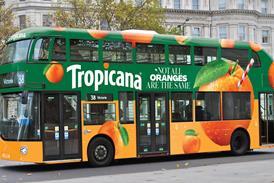
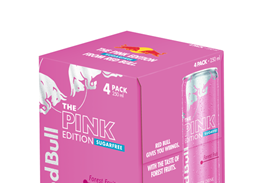
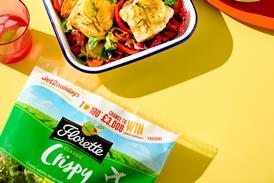








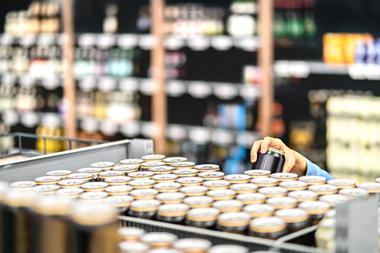

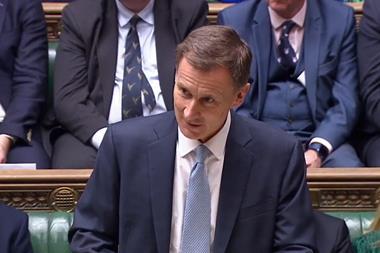
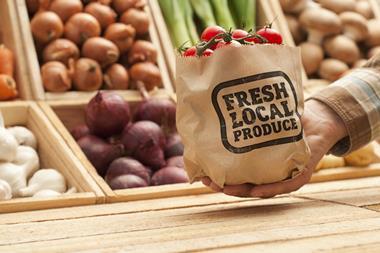

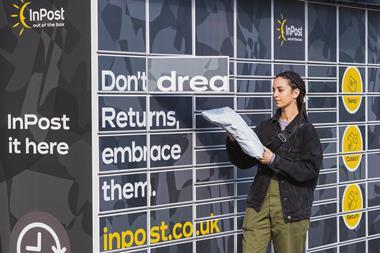
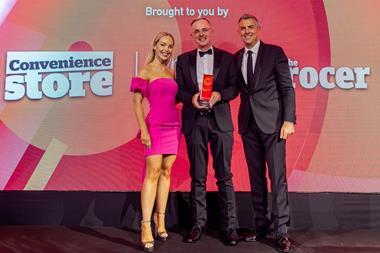
![C-Store_Champions_logo-CHOSEN[1] 2023](https://d2dyh47stel7w4.cloudfront.net/Pictures/380x253/6/5/7/301657_cstore_champions_logochosen12023_817064.jpg)

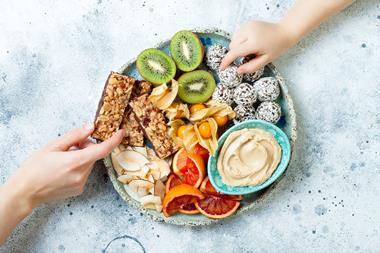


No comments yet